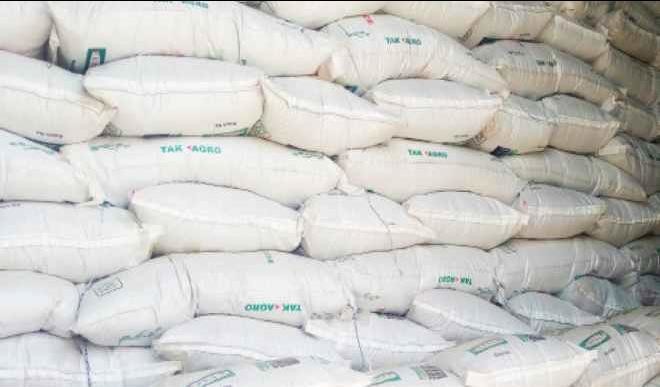Association frowns at neglect of cotton production
The President of the National Cotton Association of Nigeria (NACOTAN), Mr Anibe Achimugu, has expressed concern over the relegation of cotton production by successive governments in the country. He described cotton as a national asset that has been neglected over the years whose impact is greater than petroleum. Achimugu told Daily Trust in Abuja that […]


The President of the National Cotton Association of Nigeria (NACOTAN), Mr Anibe Achimugu, has expressed concern over the relegation of cotton production by successive governments in the country.
He described cotton as a national asset that has been neglected over the years whose impact is greater than petroleum.
Achimugu told Daily Trust in Abuja that petroleum is elitist and only those at the top are enjoying the benefits while cotton is bottom-up.
According to him, there is one iota of cotton that is wasted and what the government should do was to assist in value addition for international competitiveness. He also pointed out that a Chinese group was planning a textile park expected to produce 300 million tonnes of yarn per year and will engage about 10,000 direct jobs.
Achimugu also called for government’s support for the March 2018 conference of the African Cotton Association to be held in Nigeria of which the President Mr Baba Berthe of Mali was in the country to meet with stakeholders for a successful hosting.
Also, the Director-General, Nigerian Textile Manufacturers Association, Alhaji Hamma Ali Kwajaffa, said it was unfortunate that the textile sector that was second to government in employment was in a miserable state.
He explained that in the 1970s and 1980s, there were 187 textile mills employing close to 250, 000 workers but the sector now has only 24 mills with 24, 000 workforce.
Kwajaffa said government relied so much on oil with looking at the other side of diversification and of what cotton could do for the economy.
Government, he explained, took cotton production for granted and the farmers lost hope and migrated in droves to other simpler crops such as soya beans and maize.
